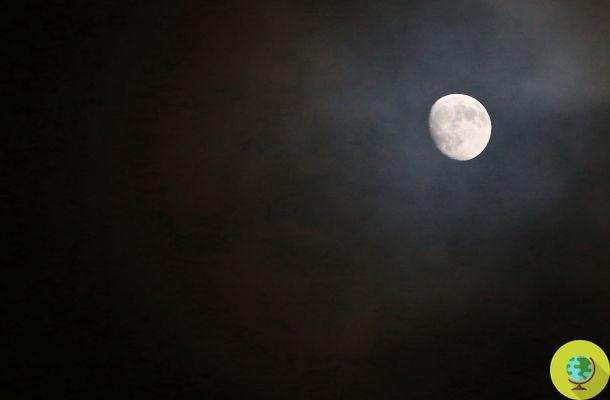
During the pleninunium it is more difficult to fall asleep (it takes an average of 5 minutes longer) and generally the duration of the night's rest is reduced by about 20 minutes. These are the results of a new Swedish research
Don't store avocado like this: it's dangerous
La month has always fascinated the imagination of man and in every age there have been some effects that its different phases have on plants, animals and also on human beings. Scientific research is currently trying to understand how much of all this can actually be proved with rational methods, the last one comes from Sweden and wanted to analyze the relationship between full moon and sleep.
A research team fromUniversity of Gothenburg driven by Michael Smith took as a sample 47 adult volunteers monitoring their sleep for several nights and evaluating their characteristics based on the different phases of the moon. All the participants slept in rooms without windows, therefore it did not penetrate the light at all and this therefore could not influence their rest. Despite this, the levels of melatonin, a substance that promotes sleep, decreased.
The results showed that during the full moon it is more difficult to fall asleep (it takes an average of 5 minutes longer) and generally the duration of the night rest is reduced by about 20 minutes. But not only that, even sleep becomes less deep and therefore the phase in which we are deeply asleep is reduced by about 30% as a previous Swiss research had already noted.
As Smith explained: “On full moon days the cerebral cortex seems more responsive and sensitive. The effect is recorded in both sexes, while it is mainly men who suffer from the difficulties in falling asleep and the shortening of the duration of sleep. The data suggest that there is some sort of internal biological clock regulated by the phases of the moon, but the underlying mechanisms are still unknown ”.
How does our body feel the effect of the full moon locked in a completely dark room? Who knows if science will ever be able to answer this question!
Read also:
- Full moon: effects on humans, plants and animals
- Insomnia: it is also the fault of the full moon
- Melatonin: the benefits not only for insomnia


























